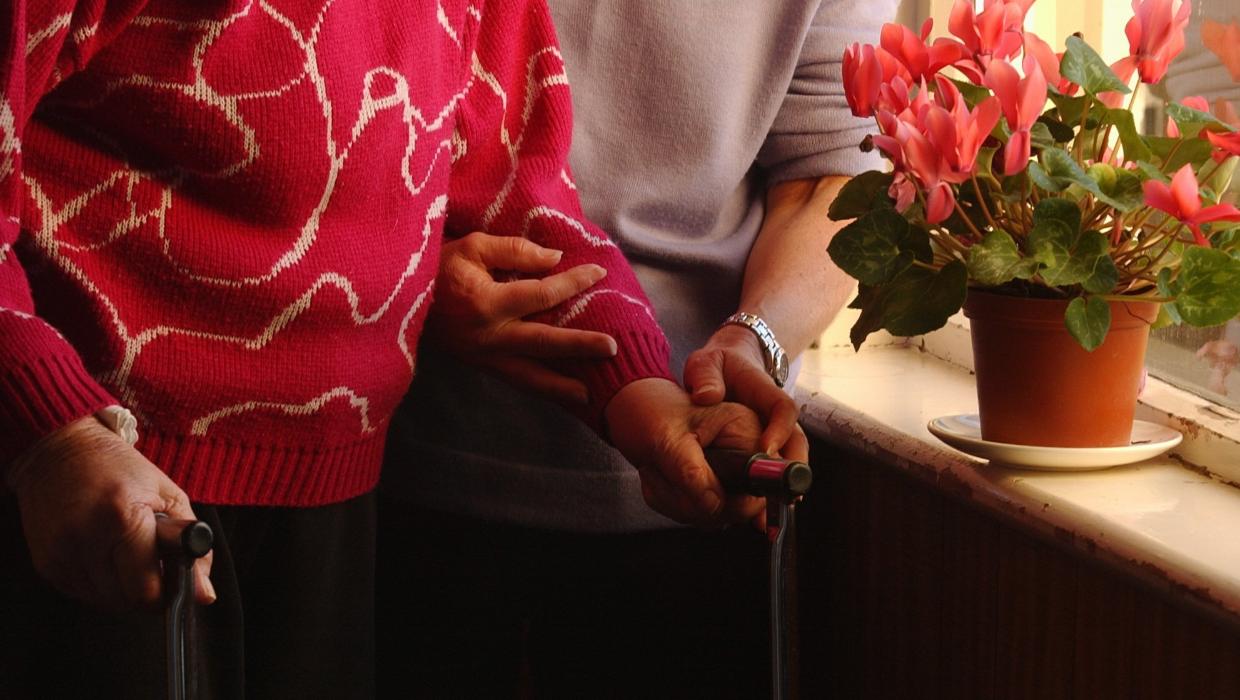Lifestyle
New Zealand Faces Crisis as Alzheimer’s Cases Expected to Double

Community-based support organizations in New Zealand are struggling to meet the growing needs of Alzheimer’s and dementia patients, with projections indicating that the number of affected individuals could double by 2030. A recent report highlights that these organizations are “woefully underfunded and under-resourced,” raising serious concerns about the country’s preparedness for this impending health crisis.
The Alzheimer’s Association and other advocacy groups have warned that without significant investment, the healthcare system will be overwhelmed. Currently, about 70,000 New Zealanders live with dementia, and this figure is expected to rise dramatically. The Ministry of Health has acknowledged the issue but has yet to allocate the necessary resources to effectively address the situation.
Funding Shortfalls Impact Care Services
According to the Dementia Foundation, community-based services that provide essential support are facing severe funding shortages. The organization estimates that at least $100 million is needed to adequately fund these services over the next decade. This lack of financial support directly affects the availability of resources for both patients and caregivers, who are often left to navigate the complexities of dementia care on their own.
The report emphasizes that timely intervention and support can significantly improve the quality of life for individuals living with dementia. However, without adequate funding and resources, these services may struggle to meet the growing demand.
Call for Action from Health Officials
In response to these alarming projections, health officials are calling for immediate action from the New Zealand government. They urge policymakers to prioritize funding for dementia care and to develop a comprehensive national strategy that addresses the needs of an aging population.
The Alzheimer’s Association has also launched campaigns to raise awareness about the importance of early diagnosis and intervention. They stress that increased public awareness can lead to improved outcomes for patients and their families.
With the expected rise in Alzheimer’s cases, the need for a coordinated response is more urgent than ever. Advocacy groups continue to push for a commitment from the government to ensure that New Zealand’s healthcare system is equipped to handle the challenges posed by this growing health concern.
As the nation prepares for a sharp increase in dementia cases, the voices of those impacted by the disease are becoming increasingly important. Families and caregivers are calling for better support and resources, emphasizing that the future of dementia care in New Zealand depends on immediate action and sustained commitment from all stakeholders involved.
-

 Sports2 months ago
Sports2 months agoNetball New Zealand Stands Down Dame Noeline Taurua for Series
-

 Entertainment2 months ago
Entertainment2 months agoTributes Pour In for Lachlan Rofe, Reality Star, Dead at 47
-

 Entertainment4 weeks ago
Entertainment4 weeks agoNew ‘Maverick’ Chaser Joins Beat the Chasers Season Finale
-

 Sports6 days ago
Sports6 days agoEli Katoa Rushed to Hospital After Sideline Incident During Match
-

 Sports2 months ago
Sports2 months agoSilver Ferns Legend Laura Langman Criticizes Team’s Attitude
-

 Politics1 month ago
Politics1 month agoNetball NZ Calls for Respect Amid Dame Taurua’s Standoff
-

 Entertainment2 months ago
Entertainment2 months agoKhloe Kardashian Embraces Innovative Stem Cell Therapy in Mexico
-

 Sports4 days ago
Sports4 days agoJamie Melham Triumphs Over Husband Ben in Melbourne Cup Victory
-

 World3 months ago
World3 months agoPolice Arrest Multiple Individuals During Funeral for Zain Taikato-Fox
-

 Sports3 months ago
Sports3 months agoGaël Monfils Set to Defend ASB Classic Title in January 2026
-

 Entertainment1 month ago
Entertainment1 month agoTyson Fury’s Daughter Venezuela Gets Engaged at Birthday Bash
-

 Sports1 month ago
Sports1 month agoHeather McMahan Steps Down as Ryder Cup Host After Controversy















